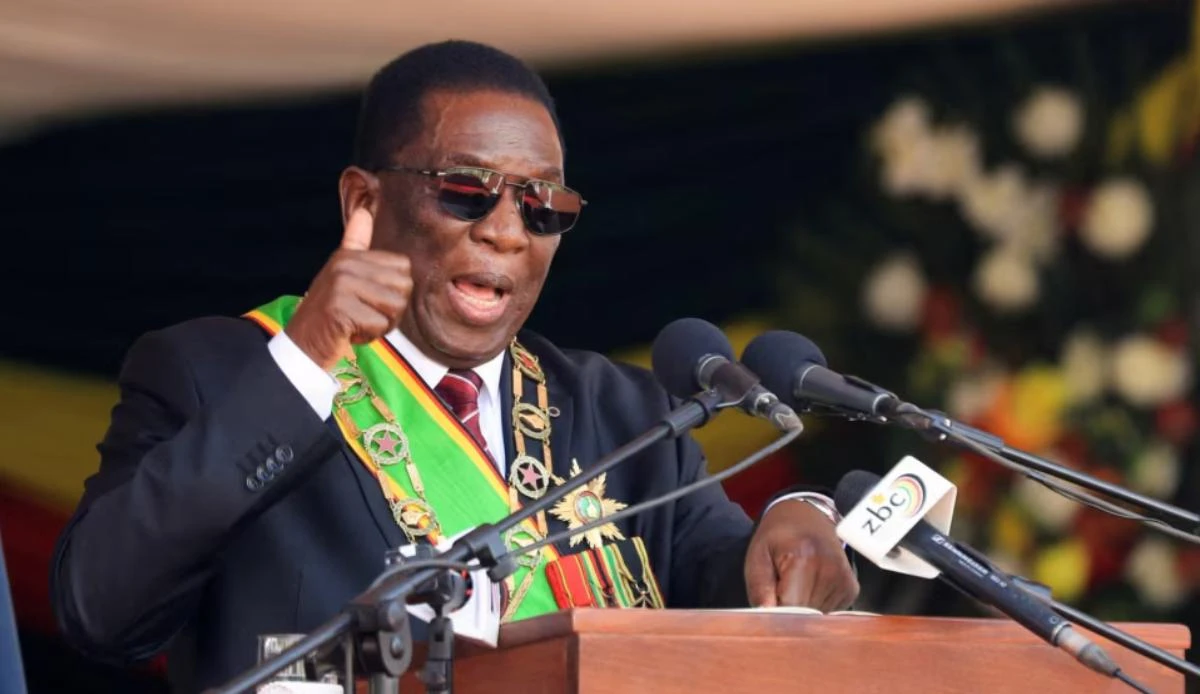US imposes sanctions on Zimbabwean President Mnangagwa and officials over rights abuses and corruption

United States imposes sanctions on Zimbabwean President Emmerson Mnangagwa and other key officials due to human rights violations and corruption within administration
Citing a record of violations of human rights and corruption in the administration, the United States announced sanctions on Monday against Zimbabwean President Emmerson Mnangagwa and other key officials.
The purpose of the sanctions is to impose restrictions on the travel of the sanctioned persons and freeze any assets they may have in the United States, with the aim of focusing on them specifically rather than general public. This action replaces a longstanding sanctions program that has been in place for over two decades.
In order to target individuals directly accountable for corruption and human rights breaches, rather than harming the people of Zimbabwe, Deputy Treasury Secretary Wally Adeyemo underlined the purpose of the sanctions. His main targets, he pointed out, were members of President Mnangagwa’s closest circle in government and business.
A stronger and more focused sanctions approach against Zimbabwe is what Secretary of State Antony Blinken called the additional measures, underscoring the gravity of the situation. He voiced alarm over cases of human rights violations and corruption, pointing out the negative effects on the people of Zimbabwe.
Government employees were singled out by Blinken for their involvement in the theft of public monies and acts of violence against people, such as kidnappings and extrajudicial executions. The disputed election in August, which was condemned by foreign observers for not living up to democratic principles, was also mentioned in the statement.
Similar sanctions are now imposed on President Mnangagwa, who took over for longtime leader Robert Mugabe in 2017. Concerns about the government’s handling of opposition voices and repression of rallies have persisted, despite early optimism for political transformation after Mugabe’s ouster.
Zimbabwe’s policy has changed as a result of the decision to apply targeted sanctions. In an indication of a reevaluation of the strategy against the African country, President Joe Biden’s administration has chosen to discontinue the earlier sanctions campaign, which was started in 2003 under President George W. Bush.
Source: AFP



